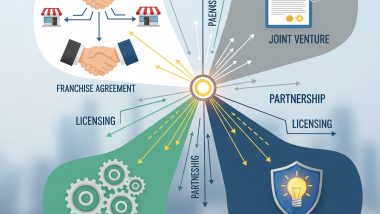Bangalore, November 5: Startup is a company or project undertaken by an entrepreneur to seek, develop, and validate a scalable economic model. A startup is often confused with a small business, however, there are key differences which one needs to understand in how they function.
Amid the tough market conditions, it is difficult to run a small business and more difficult is to see a startup grow.
Growth Plans
Startups are different from small ventures mainly because they are designed to grow fast on limited resources internally. Startups have an essential need for rapid growth.
Small businesses also seek growth, but more conservative growth which includes creating reliable, long-term income streams.
Funding:
Apart from having different growth strategies, startups seek financial investment differently than most small businesses. Startups rely on capital that comes by means of angel investors or venture capital firms. On the other hand, small business ventures may tend to rely on loans and grants from financial institutions.
A startup requires constant investment at every stage of their growth, which will help them to reach the next level. This is the reason, why user number metrics are so important to startups as they indicate what percentage of their target market has been achieved.
Risk-Taking Capability
Compared to small business ventures, startups have an aggressive risk-taking capability. A startup undertakes several risks like- product risk, market risk and financial risk. For a startup, it is also very important to know their customer and why, how and where they buy related products is arguably the most important risk factor to assess before launching the product. For startups, the risk is mainly tougher because the product is new and it will be a different experience for the public.
Small businesses also take risks, but they are usually of a different nature. The time to prove their success in the market is usually more.
















